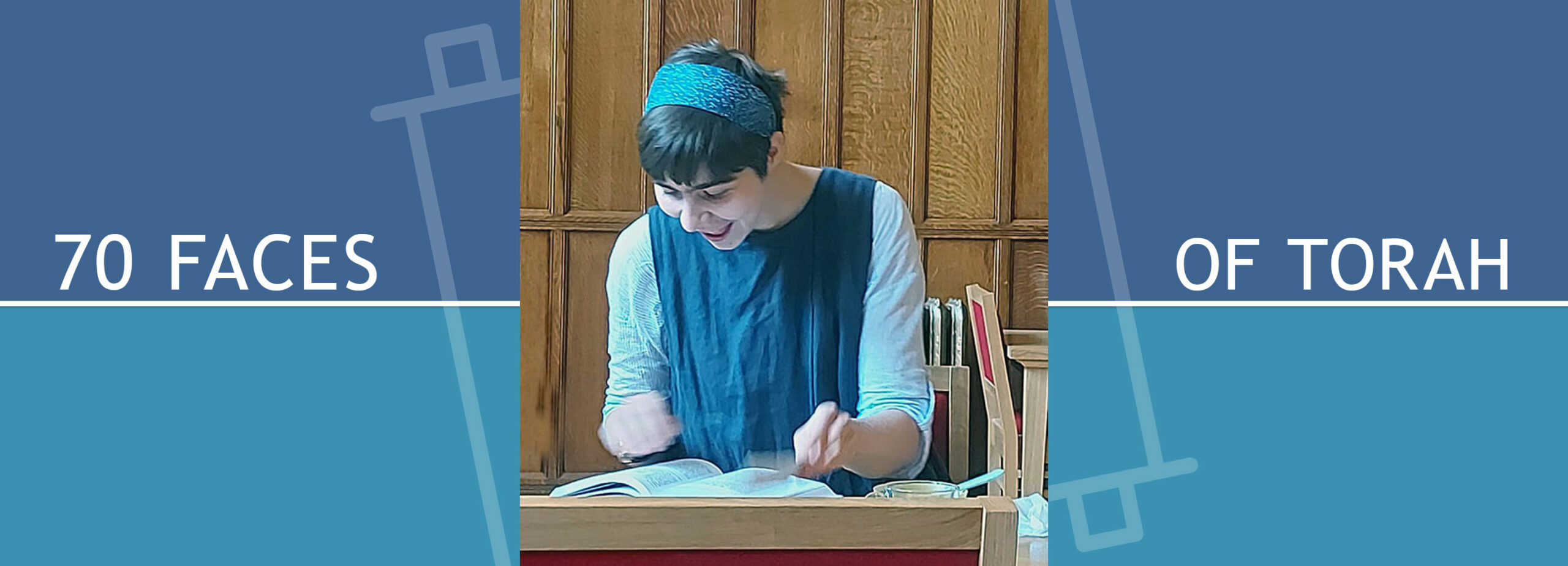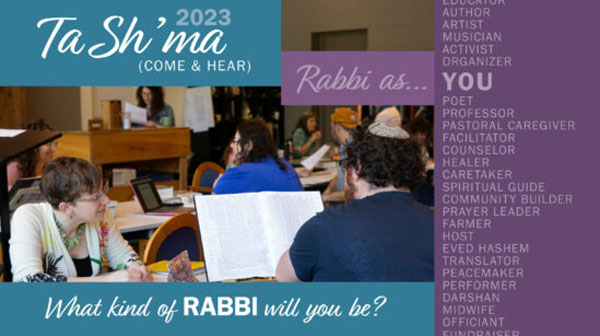Deuteronomy From Enemy Aliens to a Free People

Parashat Ki Teitzei (Deuteronomy 21:10-25:19)
How long does it take to belong somewhere? How many generations pass before the actions of your ancestors no longer matter? Ki Teitzei discusses who is allowed to marry into the Jewish people:
לֹא־תְתַעֵב אֲדֹמִי כִּי אָחִיךָ הוּא לֹא־תְתַעֵב מִצְרִי כִּי־גֵר הָיִיתָ בְאַרְצוֹ: בָּנִים אֲשֶׁר־יִוָּלְדוּ לָהֶם דּוֹר שְׁלִישִׁי יָבֹא לָהֶם בִּקְהַל יְהֹוָה׃
Do not hate an Edomite, for he is your brother. Do not hate an Egyptian, for you were a stranger in his land. Children born to them may come into the community of God in the third generation (Deuteronomy 23:8-9).
The Egyptians and the Edomites have both wronged the Israelites recently: the Edomites by refusing to let the Israelites pass through their territory, and the Egyptians by enslaving them. Nevertheless, members of both peoples are granted this limited acceptance into the community. Egyptian converts cannot intermarry with Israelites, but their grandchildren can do so. It takes three generations to fully belong to the Jewish community, the span of living memory.
In the Tosefta, an early strand of Rabbinic literature, we encounter a story about such an Egyptian convert:
אמ’ ר’ יהודה בנימן גר מצרי היה לו חבר מתלמידי ר’ עקיבא אמ’ אני גר מצרי ונשאתי אשה גיורת מצרית הריני הולך להשיא לבני אשה בת גיורת מצרית כדי שיהא בן בני מותר לבא בקהל שנ’ דור שלישי יבא להם בקהל ה’
אמ’ לו ר’ עקיבא בנימין טעית הלכה משעלה סנחריב ובלבל את כל האומות לא עמונים ומואבים במקומן ולא מצרים ואדומים במקומן אלא עמוני נושא מצרית ומצרי נושא עמונית ואחד מכל אילו נושא אחד מכל משפחות האדמה ואחד מכל משפחות האדמה נושא את כל אילו הכל הולך אחר הולד
Rabbi Yehudah said: “The Egyptian convert Binyamin was chevruta (study partner) of one of Rabbi Akiva’s students. He said, ‘I am an Egyptian convert and I married an Egyptian convert. Look, I will marry my son to the daughter of an Egyptian convert in order that my grandchild will be permitted to enter the community of God, as it is written: “They may come into the community of God in the third generation.”
Rabbi Akiva said to him, “Binyamin, you have made a halachic mistake. Ever since Sancheriv came and confused all the nations, Ammonites and Moabites are not in their places, and nor are Edomites and Egyptians in their places. Rather, an Ammonite may marry an Egyptian and an Egyptian may marry an Ammonite, and one from any of these may marry any of the families of the earth, and one from any of the families of the earth may marry all of these. It all follows the status of the child¹ (Tosefta Kiddushin 5:4).
Binyamin, an educated convert learning with Rabbi Akiva’s student, has carefully planned his strategy to win his grandchildren full acceptance to the Jewish people. After he describes his marriage and the marriage he wants for his son, Rabbi Akiva corrects him. Since the Assyrian conquest, people have been so displaced that the nations in Deuteronomy are now outdated. Egyptian converts may now marry and enter into the community immediately on conversion.
The text does not dwell on Binyamin’s reaction, or how it might feel to have the Rabbinic authorities rewrite your Jewish status. The fact that he had this misapprehension at all speaks to a possible gap between the legal status of converts and their social status in the community. After Rabbi Akiva’s correction, was he able to change his self-conception and consider himself a full Jew? Or did true acceptance have to wait for his children or grandchildren?
My grandfather, Francis Carsten, also experienced shifting legal categories of belonging, in his case as a German refugee in England during the war. He records in a memoir:
All “enemy aliens” had to appear before legal tribunals which classified them from A to D, the latter considered pro-Nazi and subject to internment; those in classification A were the proven anti-Nazis. I had to attend a tribunal in March 1940, and the presiding judge complimented me on my political record, which was confirmed by the Labour Party, and I was classified A. In the summer vacation I wanted to work for the war effort and volunteered for the Oxford University forestry camp in the Forest of Dean. But as soon as I got there I was arrested by the Newport police—they were pleased to have found a German spy—and interned with many thousands of refugees, following Churchill’s dictum “Collar the lot!”²
Like Binyamin, my grandfather carefully followed the rules for “enemy aliens,” only to find that those rules had shifted under his feet. Despite his anti-Nazi record and his academic fellowship, he was arrested and interned for several months, subject to the authorities’ power to define his status. My sense is that this experience gave him an increased sense of precarity as a German in England for the rest of the war. Although my grandmother was also a German refugee, throughout their courtship they spoke only English.
While my grandfather was granted full citizenship shortly after the war, declaring him unilaterally British, something of the refugee experience lingers to the third generation. I speak no German, but I always know where my passport is. The family stories I grew up on include tales of unlikely border-crossings, fraught embassy trips, and evading police. We can imagine that Binyamin’s grandchildren, too, would have grown up with the story of his conversion, even alongside the story of Rabbi Akiva’s reproof.
This parashah speaks to the middle generation of Israelites: their parents began the journey from Egypt, and their children will be born in Israel. Only after three generations can they let go of their anxieties and allow the shadows of slavery to fade. It takes the span of living memory to become free.
- My thanks to Laliv Clenman who taught me this text, and whose thoughts on it have shaped my own.
- F.L. Carsten, From Berlin to London, The Leo Baeck Institute Year Book, Volume 43, Issue 1, January 1998, 346, https://doi.org/10.1093/leobaeck/43.1.339.
Please contact the author if you would like to provide feedback.
Jessica is a fifth-year rabbinical student at Hebrew College and also learns with Rabbi Daniel Landes at the Yashrut Institute. She is a co-founder of Azara, a new cross-communal British yeshiva opening Jewish texts to everyone.
Learn more about Hebrew College’s rabbinical and cantorial programs at Ta Sh’ma (Come & Hear), our November Open Houses (in-person & virtual options).


